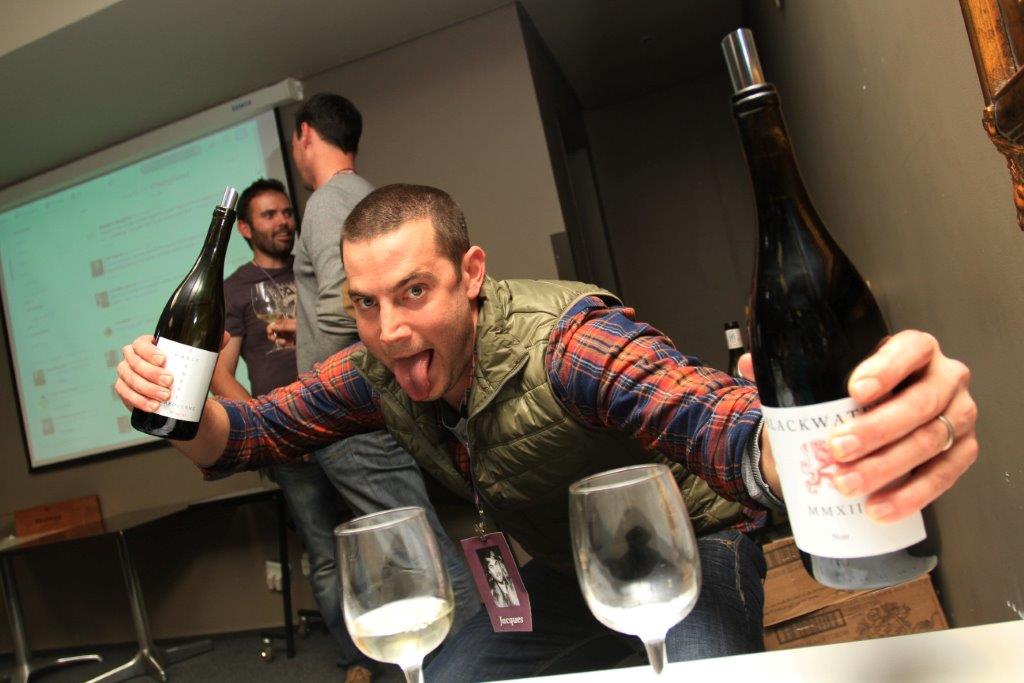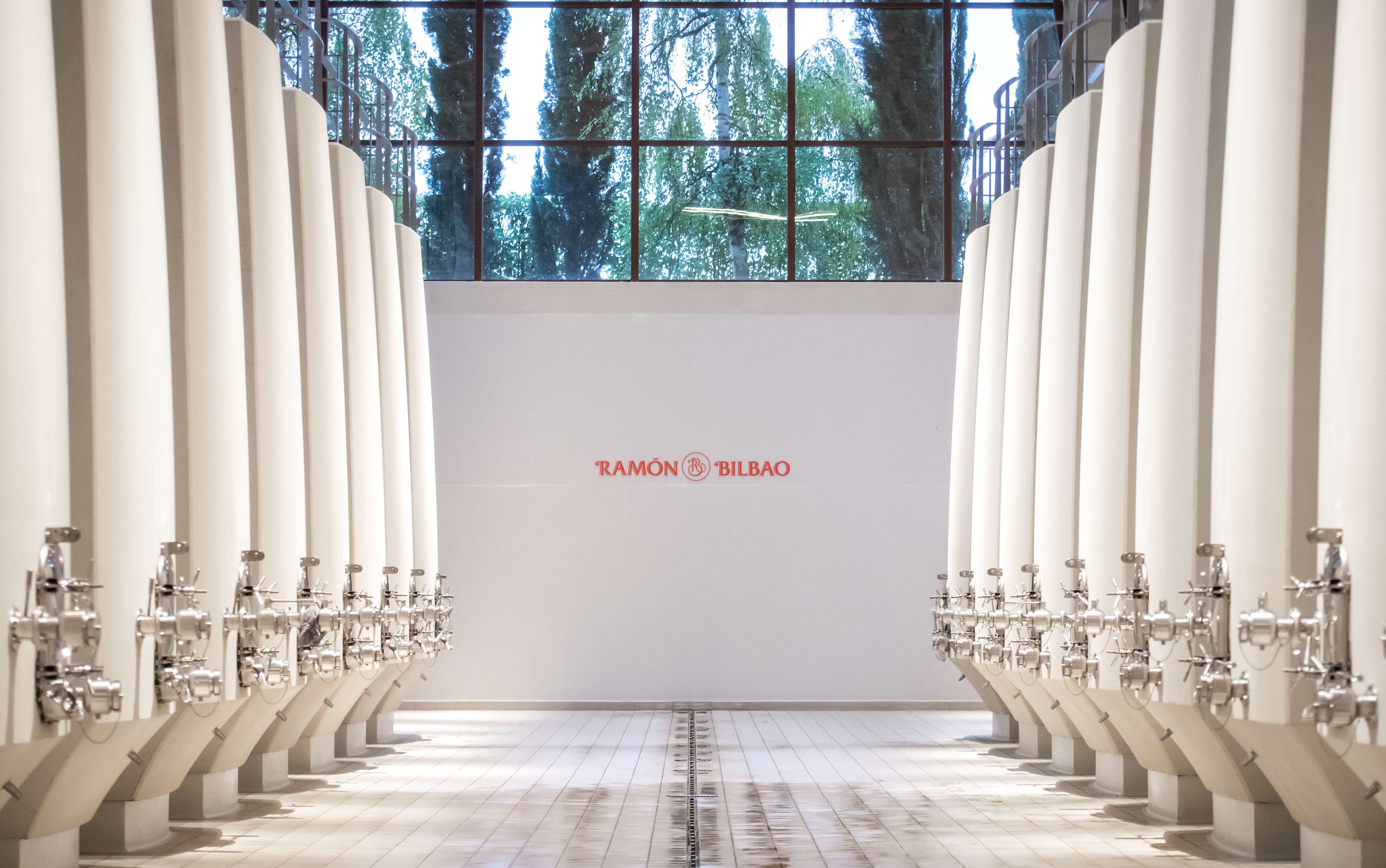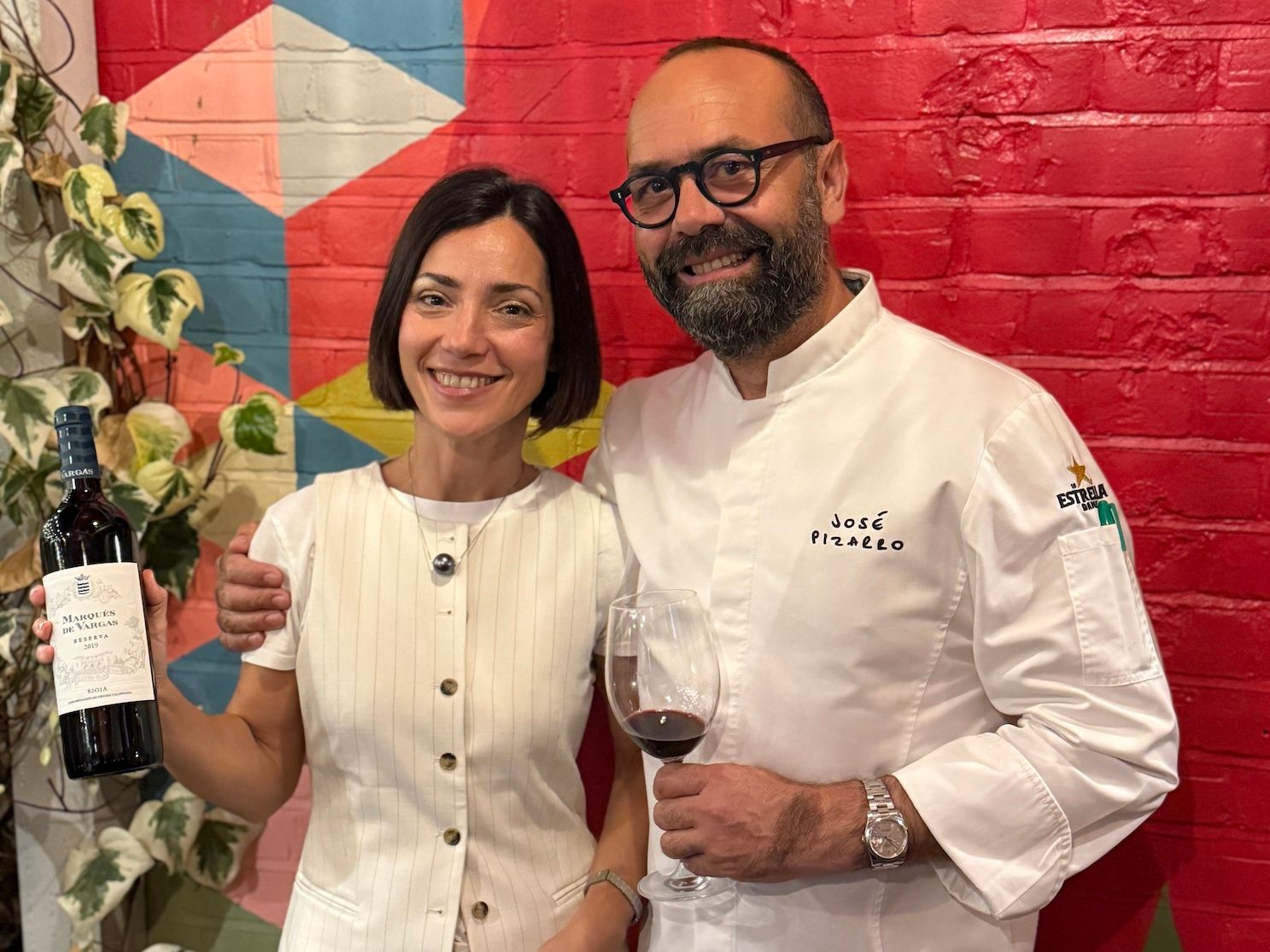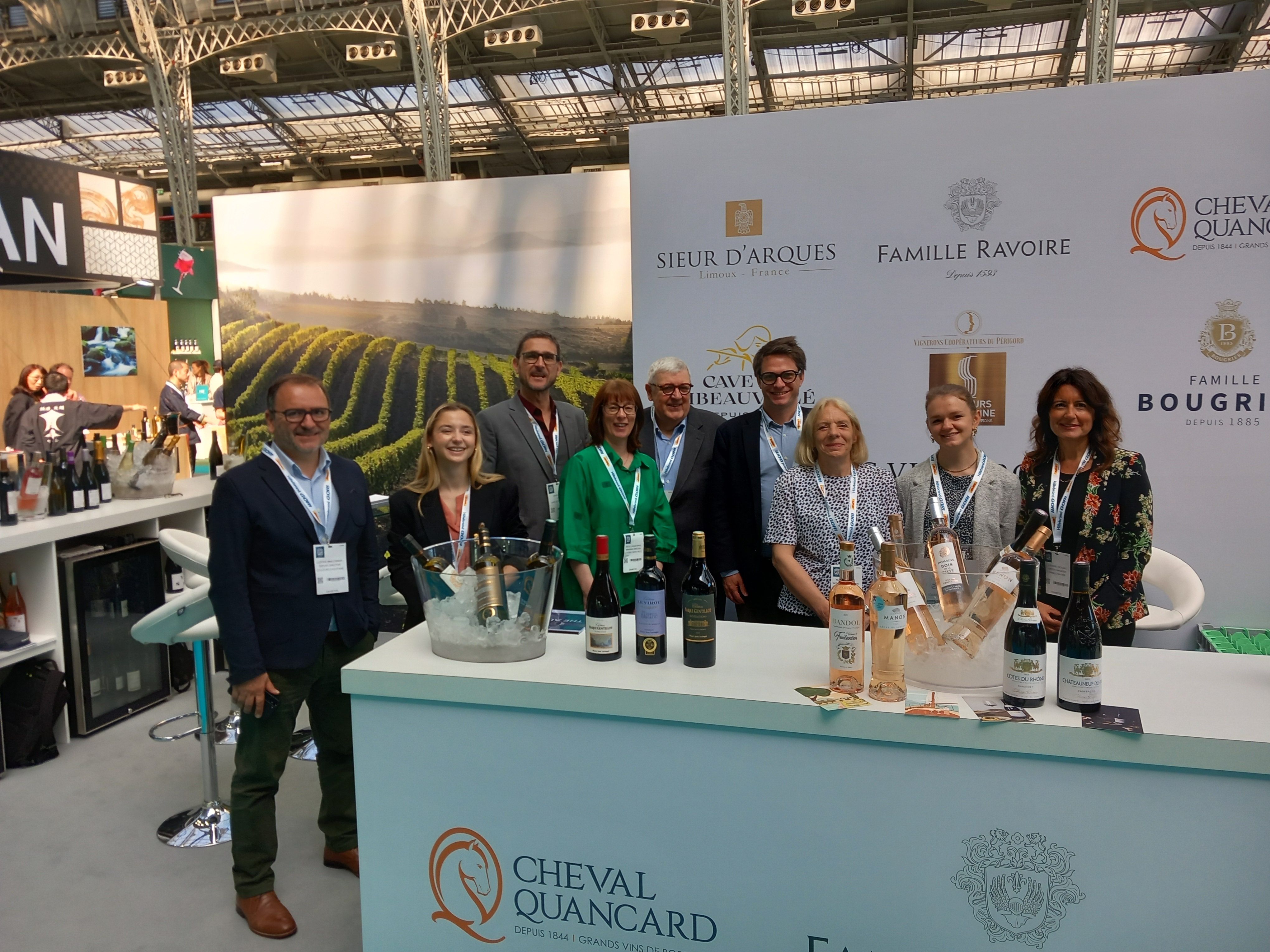South African winemaker Jacques de Klerk on making a very modern Chenin Blanc – Swartland-style
Jacques de Klerk’s day job is to make wine for the Winery of Good Hope in Stellenbosch, but since 2012 he has embarked on an exciting personal project looking to create his own distinctive style of Chenin Blanc in the ever-fertile region of Swartland.
The resulting Rêverie 100% Chenin Blanc is starting to turn heads and pick up the attention it deserves with mid 90 scores from leading wine critics.
There is a new excitement around Chenin Blanc in South Africa as a new generation of winemakers are bringing their own personality and a fresh approach to what is the country’s iconic and most famous white wine grape variety.
The style, though, has proved both a blessing and a curse for South Africa in recent years. Whilst it is one of the country’s flagship varietals much of what we have seen in UK supermarkets is at the lower, or entry level as it is known in the trade, end of the scale and not a true reflection of some of the cutting edge Chenin Blancs now being made.
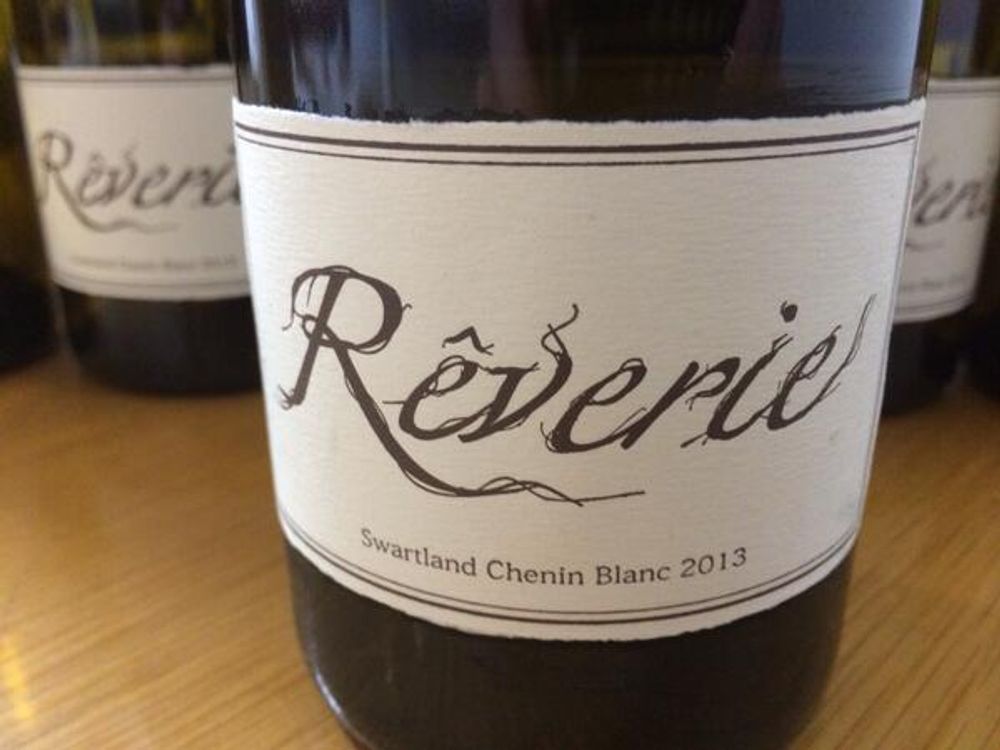
Personal approach
De Klerk is very much part of that new scene with his unique Rêverie 100% Chenin Blanc.
“Wine is about passion and I wanted to find a playground for myself and explore some of the concepts I have had about winemaking,” he explains. “I wanted to make a Chenin for myself. A wine that relates to me as a South African.”
He is already achieving that at his Swartland site and says he has been able to take some of the learnings and incorporate them in to the winemaking at Winery of Good Hope, particularly around the use of skin contact and working with lees.
But he was also keen to show a different approach to winemaking in Swartland, a region that has become synonymous with much of the exciting wine innovation taking place in South Africa, but which has also brought criticism for some of the more left field wines being made, that have little commercial appeal.
Not all beards and weird wines
“The guys with the beards and the weird wines get all the headlines. But I wanted to show Swartland can make elegant, refined and unique styles of wine without being weird for the sake of being weird,” explains De Klerk. “I wanted to make a wine that was refreshing, easy and lovely to drink that you want to have another glass of.”
He is also keen to stress that he has “a lot of respect” for the winemakers that have come before him, but believes what he describes as the “renegade spirit” of new generation winemakers are now capable of taking South African wine on to a whole new level.
“The time has come to embrace and try new things. We are not looking to copy anyone anymore. It is important we can put a flag in the ground and say this is our style of wine. For example, the Rêverie is very much my Chenin Blanc.”
De Klerk speaks for so many winemakers in South Africa when he says the way the way to improve its quality of wines is not to look outside any more for inspiration, but to turn to their own soils, their own terroir, to make the wines that are “true to the identity of South Africa”.
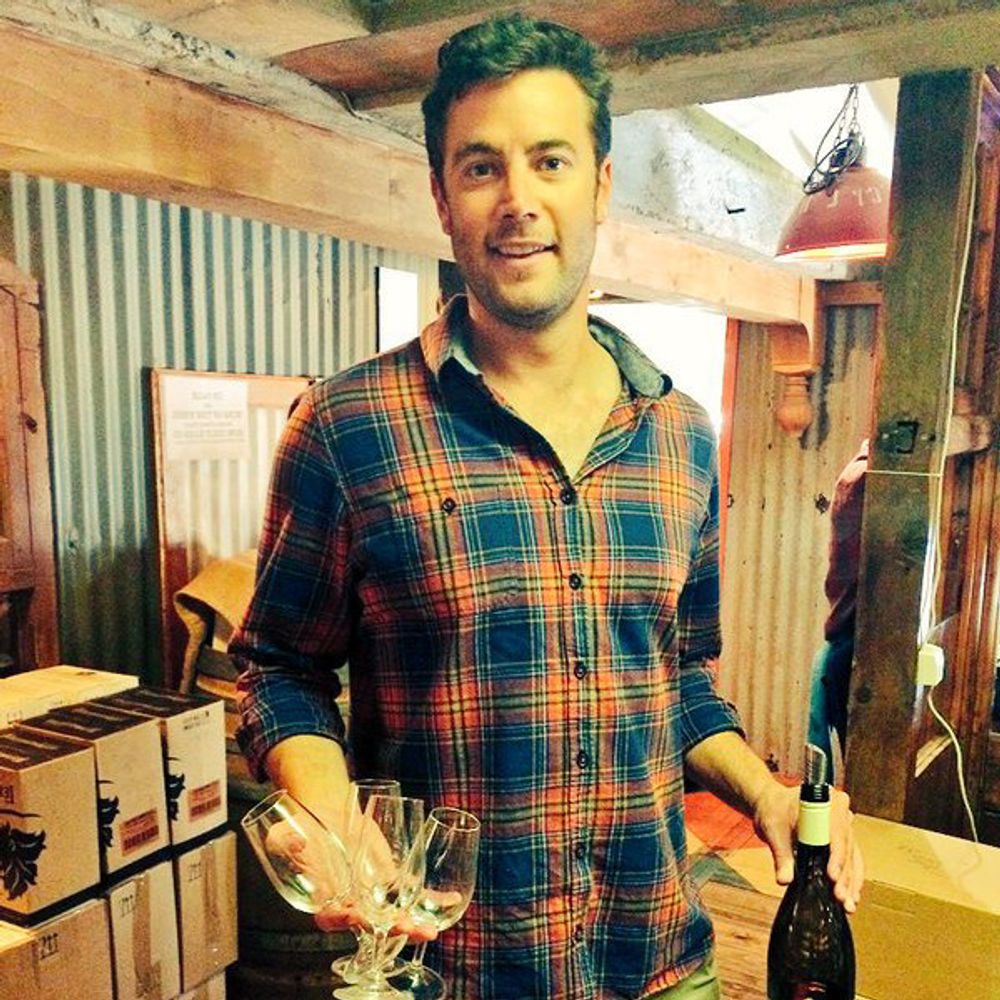
As natural as can be
To make his Rêverie Chenin Blanc De Klerk is using largely natural winemaking techniques, with no added acid, to create a wine that he says is “stripped back” to really bring out the flavour in the Chenin Blanc.
“It is as natural as I can make it,” he claims. “I only use a little sulphur and don’t acidify at all. I also pick early. Usually the last week in January. That is important in keeping the alcohol levels down.”
He says he likes to use skin contact to bring out the salty bitterness in the wine, which he likens to the “gin and tonic” effect.
Although the wine is barrel fermented for 10 months, De Klerk stresses the influence of oak is barely minimal. He uses barrels that are 10 years or more old, that, he says, act more like a “vessel” for holding the wine.
The result is mouth-watering, with only 11.5% alcohol, which makes this such a lovely fresh, mineral wine to drink.
“Stunning” wine
Leading British wine writer Jamie Goode described it as “stunning” when he discovered it at the September 2015, Cape Wine event in Cape Town, giving it a score of 94 out of 100.
He added: “Very fine and expressive with lovely textured pear and ripe apple fruit. So delicate and fine with a bit of richness to the texture, and such purity. Light but concentrated, this is quite stunning.”
The wine comes from a three-and-a-half hectare plot made up from pure granite soils, with no natural irrigation, which Jacques describes as like “walking on brown sugar”.
Much of De Klerk’s work in the vineyard is helping to rejuvenate the vines and is particularly excited about the grapes they will be able to produce in the future.
He has separate plans to make his own style of Cinsault wine, again looking to create an elegant, low alcohol style of Cinsault. “I have a vineyard in mind in Stellenbosch,” he says.
It is the appeal of finding a bit of a “rough diamond” of a vineyard and then spending the time working on it to create a plot of land that is truly to your way of thinking that really appeals to him.
In a nutshell: Rêverie Chenin Blanc
- Made from granite soils from 1978 vines
- As natural as possible with minimal sulphur and no acidification
- Light alcohol of only 11.5% makes this a refreshing wine to be paired with seafood and sushi
De Klerk on…
On being a winemaker
“I wanted to make a Chenin Blanc for myself. A wine that relates to me as a South African.”
On South African winemaking
“The time has come to embrace and try new things. We are not looking to copy anyone anymore. It is important we can put a flag in the ground and say this is our style of wine. For example, the Rêverie is very much my Chenin Blanc.”
On Rêverie Chenin Blanc
“It is as natural as I can make it. I only use a little sulphur and don’t acidify at all. I also pick early. Usually the last week in January. That is important in keeping the alcohol levels down.”
Here The Buyer talks to him about his winemaking philosophy, the kinds of wine he enjoys to drink and what he does to relax after a day in the vineyards.
How would you describe your winemaking philosophy?
At college, I was taught a very technical and methodical way of thinking about vineyards and winemaking and while I believe that a solid grasp of the science is important, I am also convinced that alone this approach is not enough.
Later, over the course of many vintages, working for and with individuals who seemed to have a mystical understanding of the land and the vine, that transcended the logical or the rational, I began to form a few ideas of my own. These days I feel it more than I think it.
What kinds of wine do you like to drink, from both South Africa and around the world?
I value purity and character as well as individuality in wine. Also my taste gravitates toward more unconventional styles and expressions. I really enjoy discovering and exploring the wines from unknown producers and lesser-known regions. At the moment, I am enjoying Jura, Northern Spain and Beaujolais.
How do you relax outside of wine?
In South Africa we are blessed with an varied an amazing landscape as well as fantastic weather. In my free time I like nothing more than exploring the hills and mountains around the Cape on my mountain bike. Also, I am a bit of a sci-fi geek and love to read the work of Isaac Asimov, Alexander Kazanstev and others.
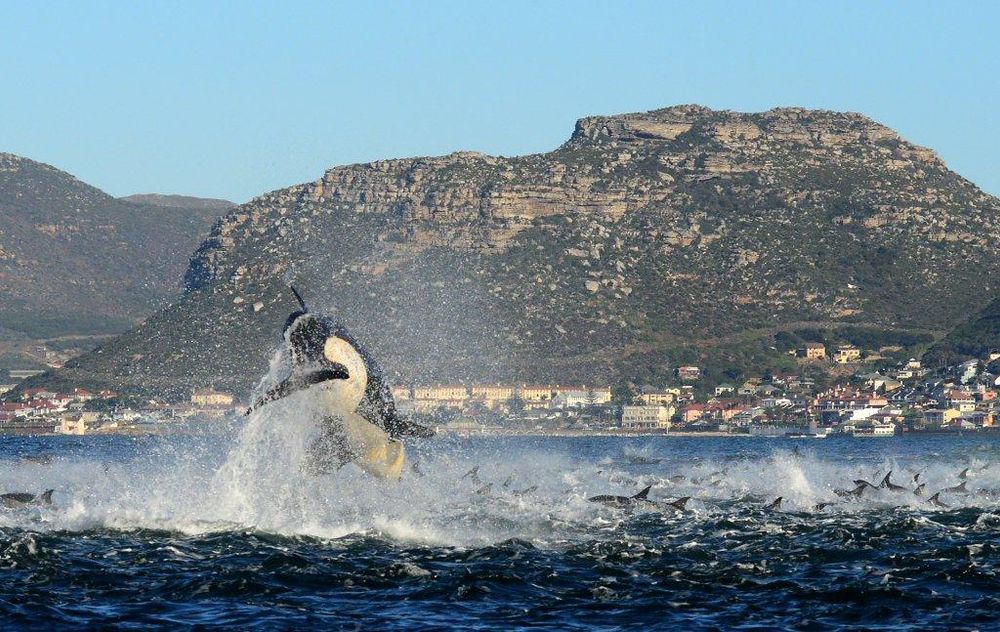
Where would be your favourite place for a sunset and a glass of wine?
There is a little hill near my house that overlooks False Bay with the Hottentots Holland mountains in the background. On the odd summer’s day that the wind doesn’t blow, I can be found sitting on the tail gate of my ‘bakkie’ with a glass of something chilled watching the sky, the water and the mountains turn pink, purple and eventually blue.
What has been your favourite place to visit around the world and why?
The best holiday I’ve ever had was a week’s skiing in the Alps. I could easily spend a month there, although with the current state of our currency that seems like a impossibility!
What was the book you read and what did you think of it?
Recently, I read a novel by an author called Ben Mezrich called Ugly American$ about a group of stock brokers who move to Japan in the early 90s to take advantage of the volatile state of the market at the time. Outrageous “Wolf of Wall Street” type of shenanigans ensue. Pretty entertaining!
The last film you saw?
My daughter is three so we watch a fair deal of animation. Last one we saw was Penguins of Madagascar, which was awesome!
* Jacques de Klerk’s wines are distributed in the UK though Edgmond Wines.
